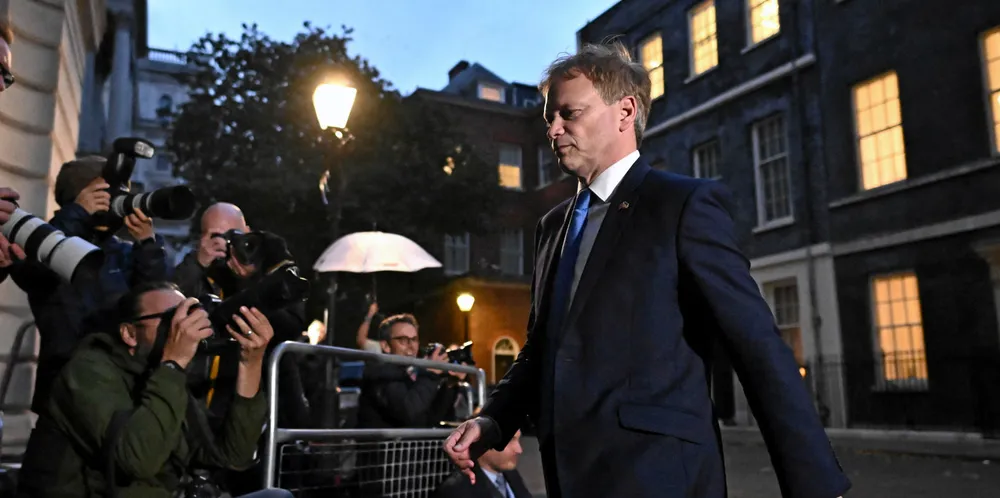Real or alias Green? | UK renewables hope energy secretary Shapps is genuine article
Incoming Prime Minister Rishi Sunak names political ally of Johnson who once used apt business alias as successor to 'climate dinosaur' Rees-Mogg

Incoming Prime Minister Rishi Sunak names political ally of Johnson who once used apt business alias as successor to 'climate dinosaur' Rees-Mogg
